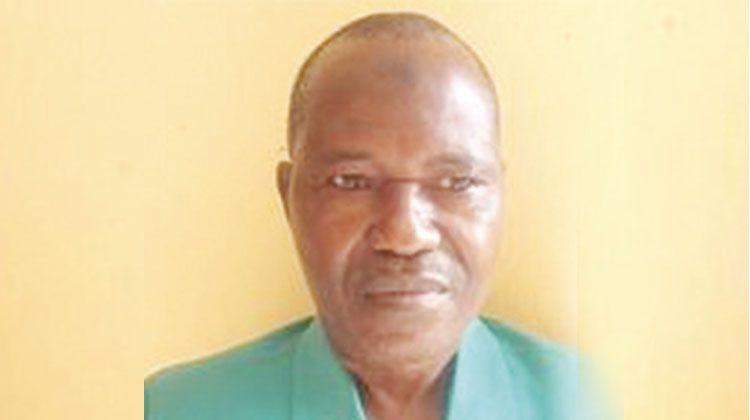The current administration of President Muhammadu Buhari will go down in history as one of the most active Nigerian governments in the debt market. The Minister of Finance, Budget and Planning, Zainab Ahmed, seems to have a persuasive skill that convinces creditors to part with their funds, the National Assembly to approve every loan request, and the governor of the Central Bank of Nigeria to part with almost N23tn to fund consumption in the economy. However, borrowing has become like opium, and the country is hooked on it, with Nigerians convinced that debt servicing is one of the major factors that have arrested Nigeria’s growth and development.
The issue of an $800m loan from the World Bank has sparked debate. Initially, the outgoing government stated that it would require the loan to provide palliatives for the vulnerable citizens when the subsidy on petroleum is removed in June 2023. However, the government later announced that it has handed off the subsidy removal, and issues related to it would be decided by the incoming government.
Currently, reports suggest that the government is seeking approval for the loan, despite the removal of the subsidy having been dropped. It raises questions about whether the loan is a parting gift robed in palliative garb or a severance loan. The President-elect has not informed the nation that the subsidy will remain or be removed. Therefore, it is illogical for the outgoing government to insist on obtaining the loan or signing the loan agreement for an uncertain action or activity. Instead, the loan should also be dropped, and Nigeria should focus on generating income internally rather than continuing to rely on borrowing.
A poor developing country like Nigeria, desirous of growing out of poverty and debt traps, must possess a defined growth-path policy document that will guide its footsteps towards socio-economic prosperity. Such a document is a comprehensive national development plan that shows short-, medium-, and long-term growth and development objectives, strategies, and destinations by sectors and the macroeconomy. It should be adopted as a book of national aspiration by all political parties, academia, non-governmental organisations, and the organised private sector, with discussions held at many levels for adjustments, correctness, and authorisation. This plan would guide national development, irrespective of the political party that is in government.
Finally, Nigeria needs to reduce its addiction to borrowing. Banks as investors in financial assets move around advertising and lobbying individuals, businesses, and countries to take loans. Nigeria does not even need to be lobbied because it is always in the financial market, looking for loans. This addiction to borrowing is part of what is responsible for massive corruption in the management of the economy, with money earned from oil and non-oil sources stolen, sometimes without immediate detection. Therefore, it is time to purge the country of this addiction.
